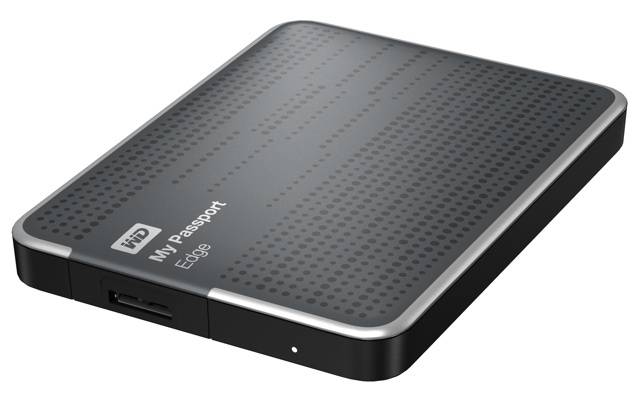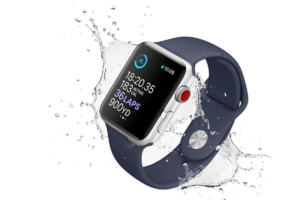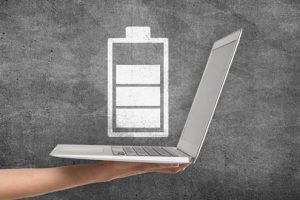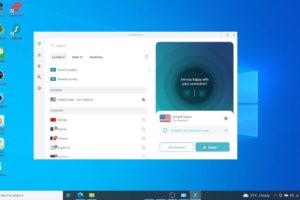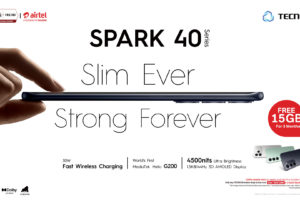Backing up for many is associated with the cloud. However, due to the high level of hacking and also the possibility of Internet failure in case you need to urgently access your data makes cloud backup a little tricky. That’s where an external USB hard drive comes in. On top of that, it even offers a great way to expand your storage for lower-end laptops and portable devices.
There are so many USB hard drives out there though, how do you know which ones to buy? We’ll answer that in our guide on how to choose an external hard drive, to make sure you get the most for your money.
Storage Capacity of the Hard Drive
This is by far the most important specification to consider when buying an external drive is storage space. Also, you shouldn’t pay through the nose for a drive you’ll never even come close to filling, so what size should you be aiming for? It depends what you want to do with it.
If you want an external hard drive for transferring documents, photos, or other media from one device to the other, or just want to expand the storage space of your low-end laptop or tablet, then you might be best off with a mid-range hard drive. While the largest of those can stretch up to 2TB of storage space, they get very expensive and are unnecessarily big for this sort of usage. You are better off saving yourself a lot of money and buying something in the region of 64GB.
If you’re interested in storing a lot more or keeping files and folders on there long term, you’ll want something bigger. A 1TB drive should suit most needs for the foreseeable future, but if you want to store hundreds of movies, or just never want to run out of space, there are hard drives today that offer multiple terabytes of space.
Related Article: How Magnetic HDDs still beat SSD hard drives
Transfer Speed of the Hard Drive
The storage capacity isn’t everything, even when it comes to external drives. Transfer speed is incredibly important too, because if you transfer files back and forth to a huge drive on a regular basis, you don’t want to have to wait for a long time for them to complete.
There are two main factors that play a role in how fast your drive can operate at: The storage technology and the connector it uses.
In general, solid state drives (SSD) can process data faster than hard drives (HDD).
In terms of the connector used to hook up your external drive to your desktop, laptop, or mobile device, there are several common options to consider. Most drives today use a USB interface, but there are several generations that have some distinct differences — most notably with transfer speed. USB 2.0 is an old standard and should be avoided if you’re doing anything but making infrequent small file transfers. USB 3.0 offers a substantial increase in speed (up to 5Gbps), while USB 3.1 (sometimes called USB 3.1 Gen 2) is becoming more common and offers up to 10Gbps transfer speeds. Devices that support Thunderbolt 3 offer the fastest connection medium out there, capable of transferring media at up to 40Gbps.
Portability and Durability of the Hard Drive
This also stems back to what you want to use the external hard drive for. If you want to only use your external drive for backups in your own home, you don’t need to consider portability and could even look to network attached storage solutions, for more permanent backup options. If you want to keep your drive with you when you’re out and about, portability is of importance. It should be light and small enough to fit in a bag or pocket so that it can be accessed quickly and easily without weighing you down all day.
In the inverse of storage space, SSDs tend to be a little smaller than their hard drive counterparts.
Another reason to consider an SSD over an HDD is durability. While modern-day external drives often come equipped with rugged casings to protect them against damage should they be banged or dropped, the two technologies have very different physical makeups. An SSD has no moving parts, making them more durable to drop damage than a traditional hard drive. Should you require an external drive that can withstand a fall or tension, you’ll need to opt for an offering that sports a rugged design and durable build to offer enhanced physical protection.
Security
Encrypting the data is a good idea most especially if you are dealing with sensitive information. You will need to find a drive with hardware encryption. If you’re extremely security conscious, you could even opt for a physical security system like the pin-code input.
Some drives will also come with strong casings to prevent physical tampering.
Other Features
Due to the large number of external hard drives available on the market, some offer extra features. Your choice will still depend on what you want to use the external hard drive for.
Some offer Wi-Fi connectivity for easy file access, and some offer better warranties than others, so if you are at all concerned about reliability, picking one with a long warranty is a good idea. You might also consider the cables that the drive ships with — if your laptop or phone has USB-C or Thunderbolt 3 connections and your drive only comes with a USB-A cable, factor in buying another cable or an adaptor.
Using an external hard drive is an affordable way to back up data on your PC and keep it safe from system crashes and other potential problems. Above, is everything you need to know when looking to buy one. Take a good read through and you will have a rough idea what you will need to consider when looking at external drives.
Discover more from Dignited
Subscribe to get the latest posts sent to your email.


